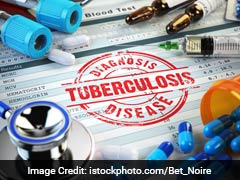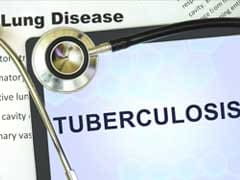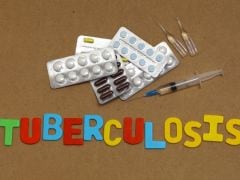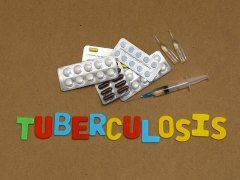


TB is treatable, however, the bacteria that cause TB can develop resistance to the antimicrobial drugs used to cure the disease. This is known as Drug-Resistant TB or Multidrug-resistant TB (MDR-TB).

The rise of multi-drug resistant (MDR) and extensively drug resistant tuberculosis is threatening to outdo years of progress in controlling the disease.

According to a new research, anti-bacterial compounds which are found in soil could prove to be a new treatment for tuberculosis.

According to a latest study, conducted by the Centre for Disease Dynamics, Economics and Policy (CDDEP) researchers, India bears the highest burden of tuberculosis globally and about 25% of the world's tuberculosis patients belong to ...

A centuries-old herbal Chinese medicine, used to effectively treat malaria, may help fight tuberculosis and slow the evolution of drug resistance, scientists have found.

World Tuberculosis Day is observed on the 24th of March every year. It is recognized in order to spread public awareness on the global epidemic of tuberculosis.

WHO said in a report that the fight against TB is paying off, with this year's death rate nearly half of what it was in 1990.

The campaign emphasizes on the early identification of the symptoms of tuberculosis.

A new study, published inthe journal Clinical Infectious Diseases, shows that people with vitamin A deficiency may be 10 times more likely to develop tuberculosis (TB).

A natural antioxidant that is found in large quantities in green tea, could fight the tuberculosis bacteria. The compound called epigallocatechin gallate (EGCG) may interfere with the growth of a tuberculosis-causing bacteria strain.